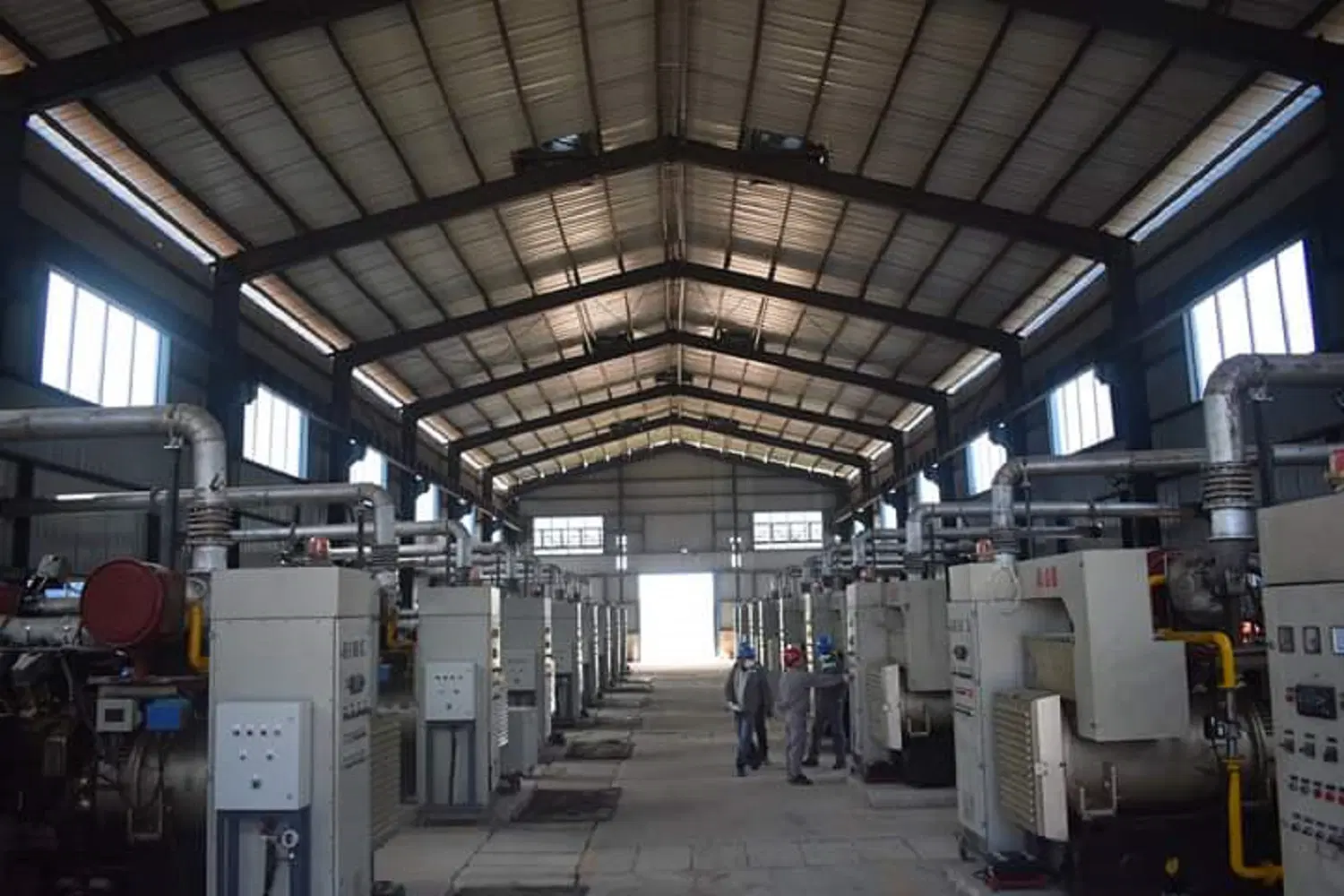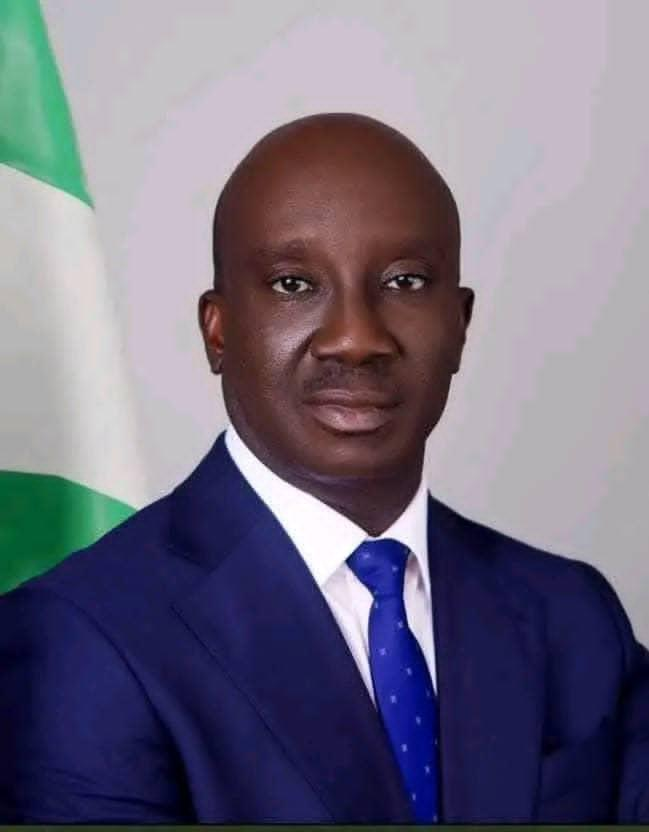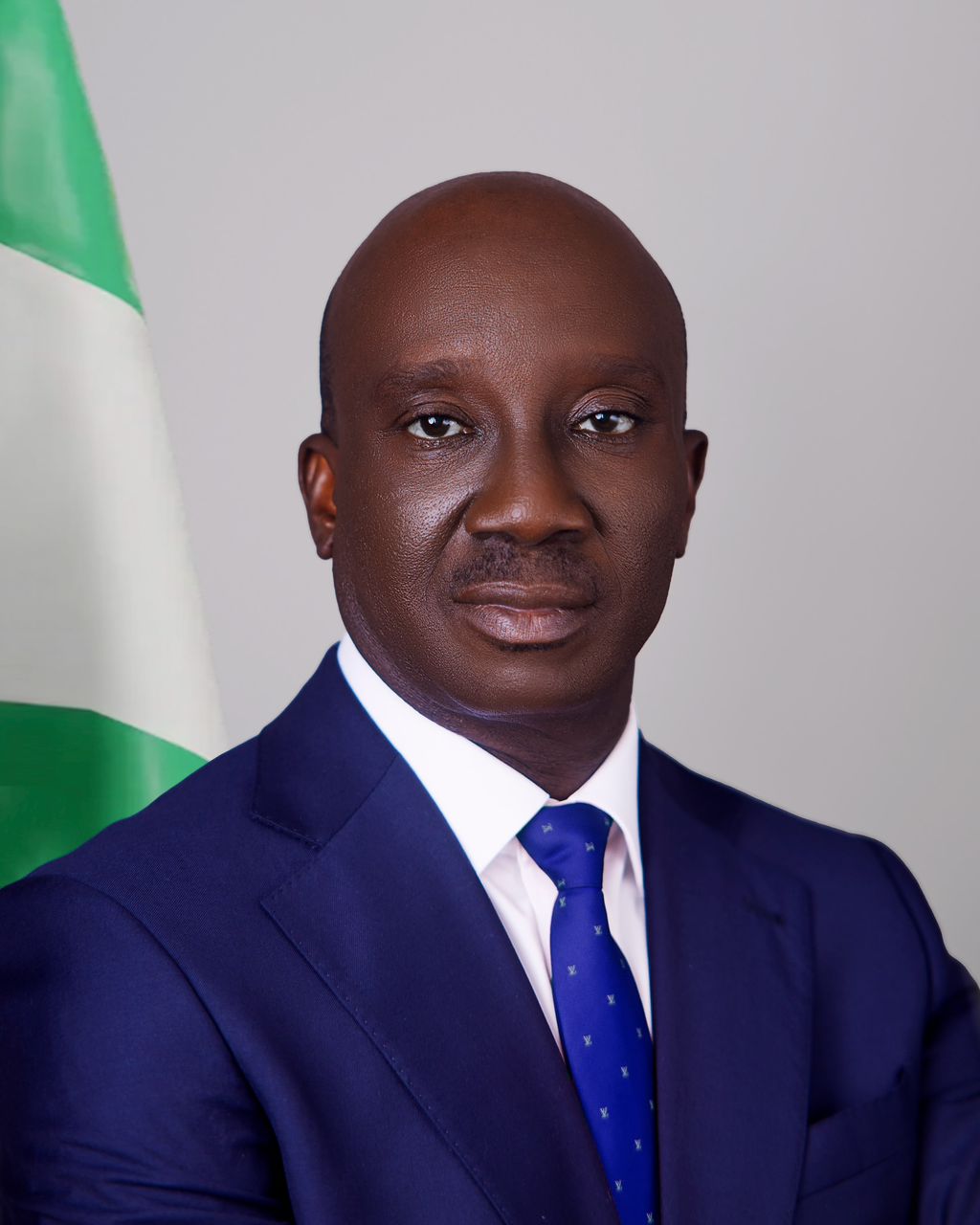The much celebrated Ossiomo Power Project, long paraded as a flagship achievement of the administration of former Edo State Governor, Godwin Obaseki, has been exposed as a mirage, with revelations confirming that the facility is neither owned by Edo State nor does the government hold any stake in it.
This startling disclosure came to light during a high-level stakeholders’ meeting convened by the Edo State Electrification Agency on Tuesday at the John Odigie-Oyegun Public Service Academy (JOOPSA), Benin City, where it was categorically stated that the state government is merely a customer of the privately owned Ossiomo Power Plant.
Addressing the gathering, the Managing Director of the Edo State Electrification Agency, Hon. Saturday Egbadon, clarified that the Ossiomo facility was not a state-owned enterprise but a private venture, structured under the immediate past administration. He emphasized that the government has no equity interest in the company and therefore bears no responsibility for its sudden shutdown.
“The government of Edo State is simply a customer of Ossiomo Power, as established by the last administration. The current shutdown is the outcome of a commercial dispute between Ossiomo Power and its Chinese partner, CCETC, not an action of the state government,” Egbadon explained.
He further revealed that the management of Ossiomo failed to consult or notify Governor Monday Okpebholo before pulling the plug on operations at its Ologbo facility, a decision that plunged several government offices, institutions, and private businesses into darkness since September 1st, 2025.
The state government has in a swift move, engage the Benin Electricity Distribution Company (BEDC) to take over supply responsibilities for all consumers previously connected to Ossiomo’s 11KV lines, including the State Secretariat, Government House, major hospitals, and private subscribers in a bid for o avert total blackout of public services.
Commending BEDC for its cooperation, Egbadon noted: “We must appreciate the BEDC management for their swift response and for waiving the usual paperwork and bureaucracy to ensure power was restored to critical state facilities.”
Representing BEDC, Acting Chief Technical Officer, Engr. Kingsley Atseyinku, pledged the company’s readiness to absorb Ossiomo’s stranded customers, many of whom, he announced, would be migrated to Band A feeders with guaranteed service levels of 20–24 hours daily.
Some Ossiomo customers present at the meeting expressed relief at the intervention, describing the deliberations as fruitful. Barrister Adesuwa Omonuwa, a long-standing subscriber, remarked: “I have been with Ossiomo from inception and was satisfied before these problems emerged. Today’s meeting has given us hope, and if all promises are kept, customers will no longer endure days of blackout.”
The Ossiomo plant, a 95MW gas-fired facility, had been celebrated as a bold solution to Edo’s perennial power deficit. It provided electricity to government offices, hotels, industries, the NUJ Secretariat, Government House, and street lighting across parts of Benin. However, the recent revelations strip the project of its much-touted status as a government-backed legacy initiative, exposing it instead as a private arrangement with limited state leverage.
With subscribers cut off from supply and government facilities scrambling for alternatives, the Ossiomo debacle raises deeper questions about transparency, sustainability, and the integrity of projects marketed as flagship state initiatives.




